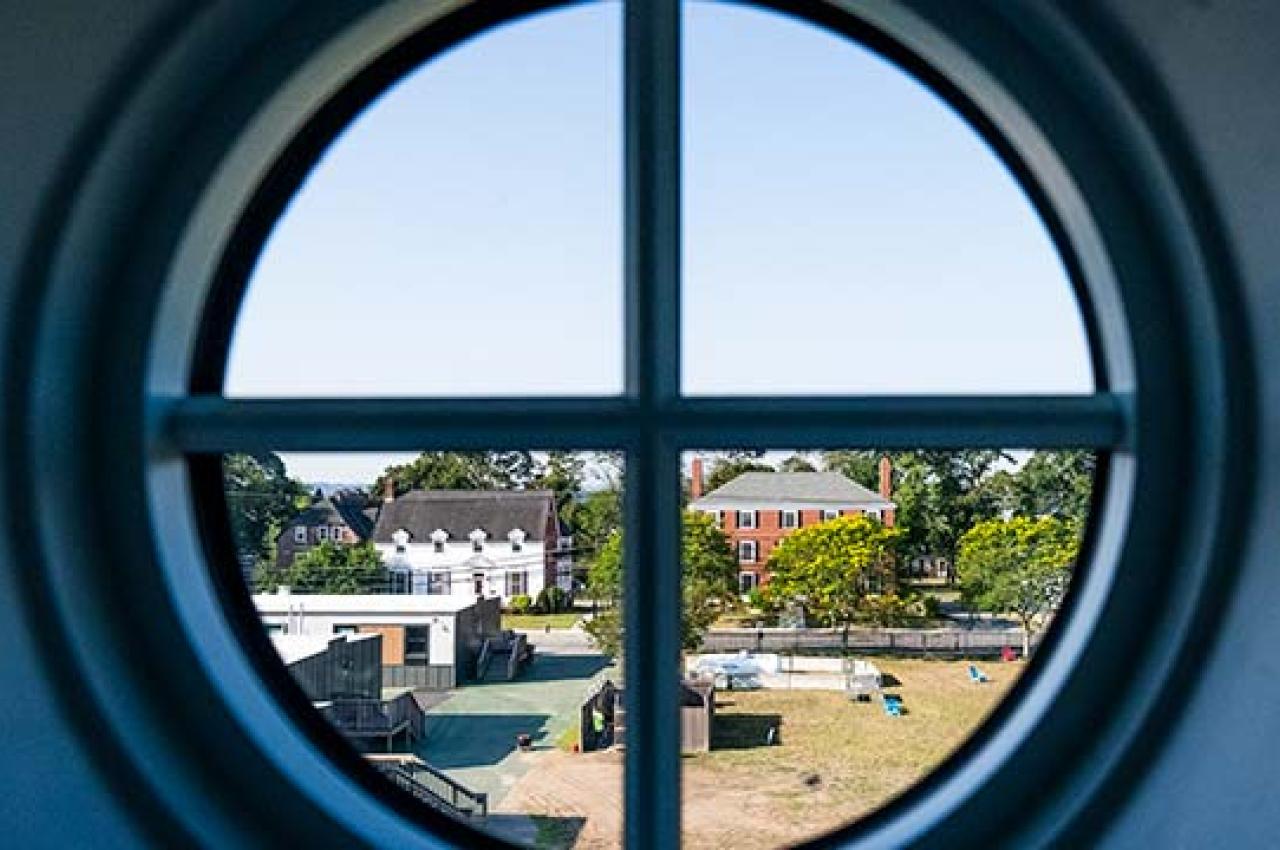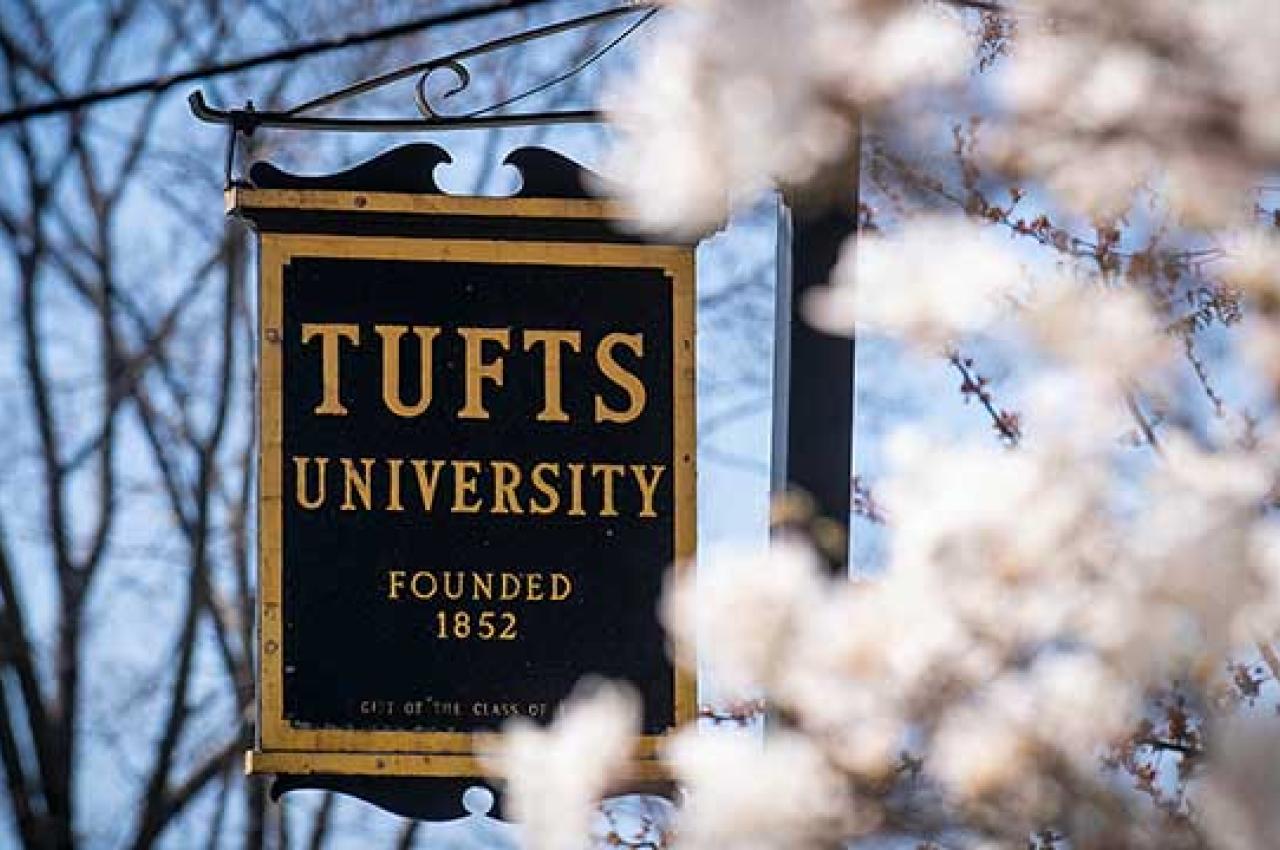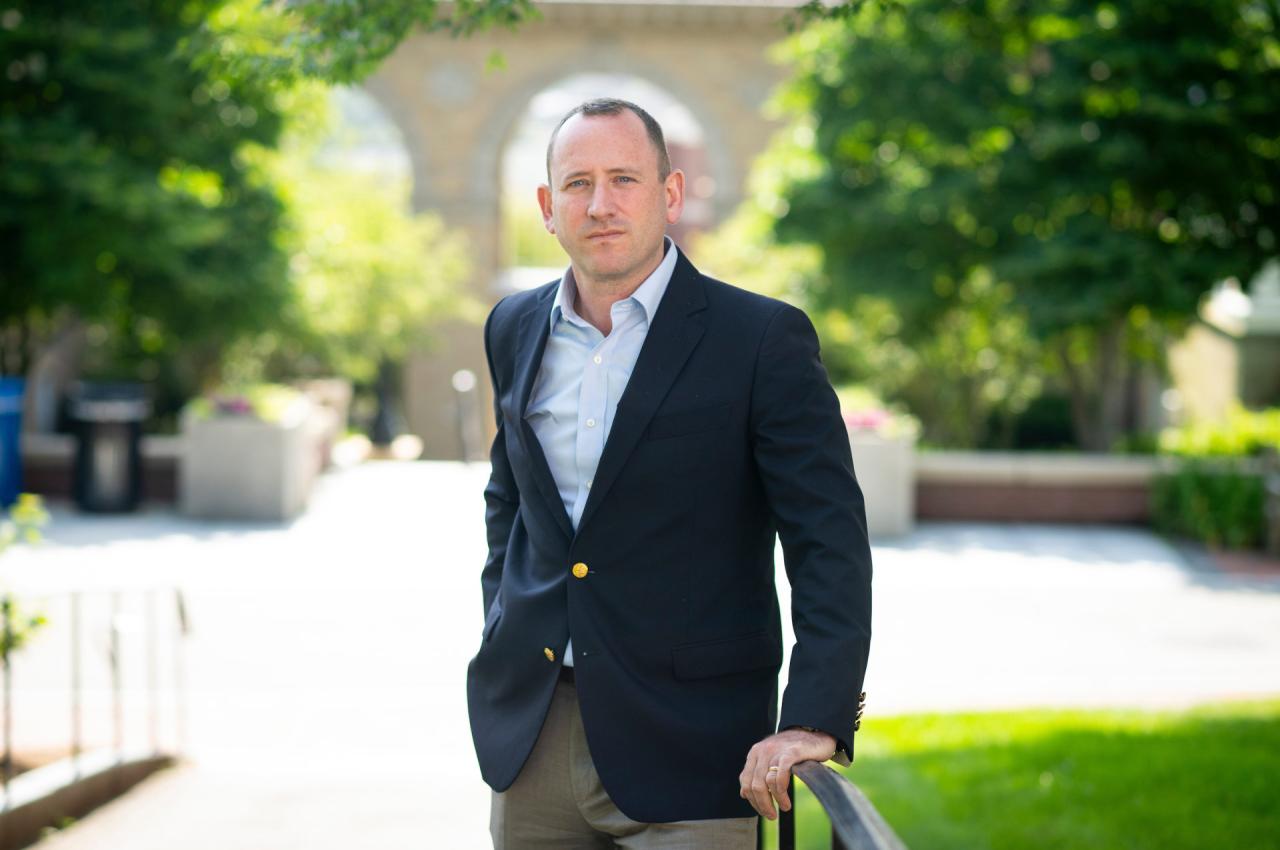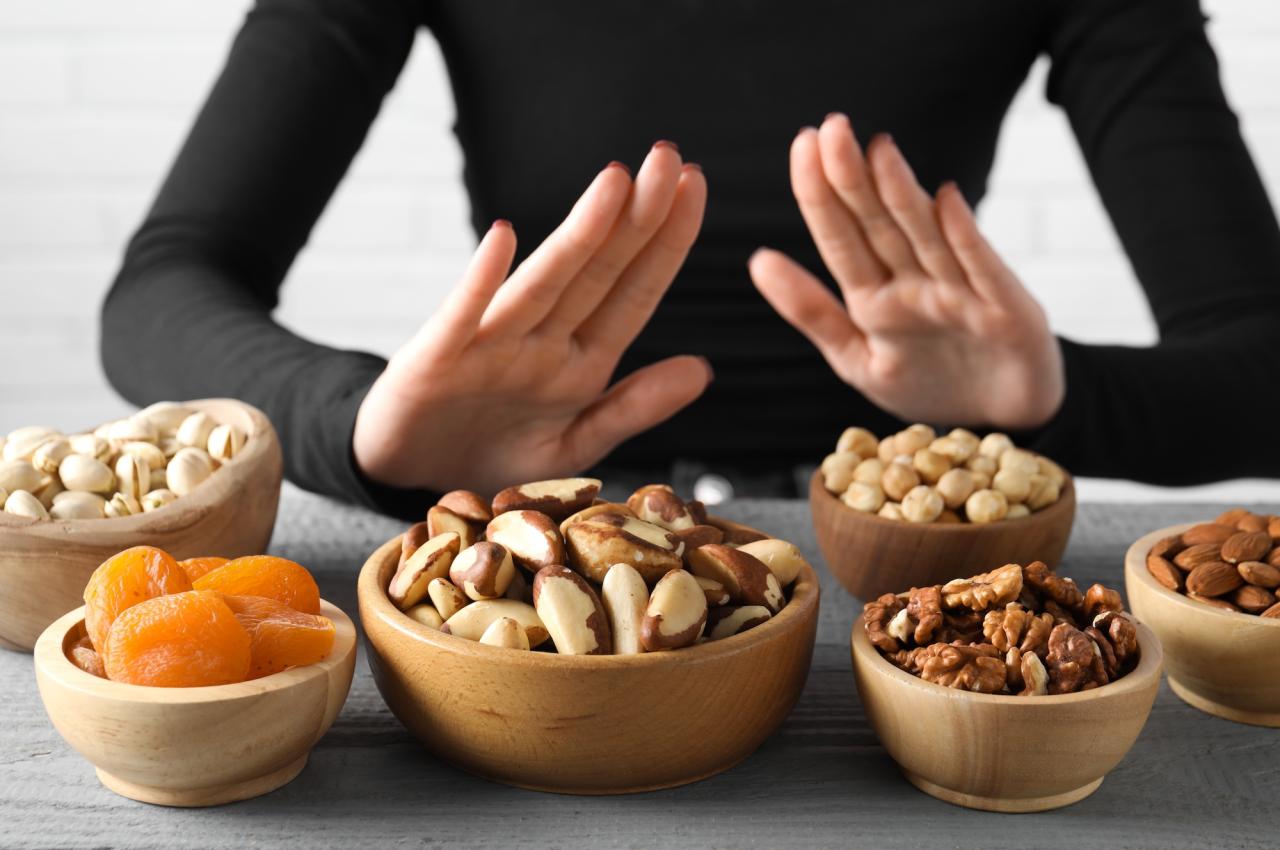Making Progress Toward Equitable Food Systems in the Mississippi Delta
In 2023, the opportunity to put her scholarship into practice led Vanessa Nicholson Robinson, an assistant professor in the Department of Public Health and Community Medicine at Tufts University School of Medicine, to her home state of Mississippi. Working specifically in the Mississippi Delta, she joined a team of researchers engaging with the community to address nutritional challenges unique to the area.
Photo: Courtesy of Vanessa Nicholson Robinson
Nicholson Robinson is a co-investigator on the Delta GREENS (Growing a Resilient, Enriching, Equitable, Nourishing food System) Food is Medicine Project, a collaborative work between the Gerald J. and Dorothy R. Friedman School for Nutrition Science and Policy at Tufts University, Delta Health Center, Tougaloo College, Ruben V. Anderson Center for Justice, and Center for Science in the Public Interest (CSPI).
Christina Economos, dean of the Friedman School and the New Balance Chair in Childhood Nutrition, is the co-principal investigator on the five-year project, which is funded by a $6.6 million grant awarded by the National Institutes of Health. Delta GREENS aims to test whether the implementation of food-is-medicine programs can improve health and reduce variations in health vulnerability in the Delta.
For her research, Nicholson Robinson conducted a qualitative study to help understand how people of the Delta navigate living in a food swamp, or area where people are presented with an overrepresentation of unhealthy food options. During her analysis, she examined the challenges the community faced from a public health perspective.
Nicholson Robinson’s findings and the community voices can be found in her paper, which was published in the American Journal of Public Health.
“My hope is that this manuscript may be used as a model for other similar communities,” Nicholson Robinson said. Her recommendations, which were heavily informed by community input, will impact larger food-is-medicine initiatives within the Delta GREENS project.
“If we fail in this work, the unfulfilled promise of sustainable change continues to leave a legacy of hopelessness,” Nicholson Robinson said. “We had a duty to elevate their voices to where they felt heard, but also to apply what we heard from them and then place it into action through our programs.”
The Greenville Bridge in Greenville, Miss. spans the Mississippi River. Greenville is the county seat of Washington County, Miss. Photo: Adobe Stock
One such program involves Delta GREENS distributing boxes of fresh produce, fruits and vegetables, and nutritional education materials to approximately 150 study participants after they have completed study activities, such as participation in focus groups. Another 150 individuals without access to the intervention will represent the control group and serve as a comparison.
For Nicholson Robinson’s work, 25 residents of three counties—Bolivar, Washington, and Sunflower—were divided into three focus groups, depending on the county in which they lived, in July and August 2023. Fourteen participants self-identified as women, 11 as men, and 24 of 25 self-identified as non-Hispanic Black. Participants were also then-patients at a Delta Health Center located within their county.
The answers to questions like “What barriers impact your access to fruits and vegetables?” and “Where do you usually buy fruits and vegetables?” resulted in the emergence of three clear themes. The first was centered on fairness in access to healthy food, and the ways residents felt as though it was lacking in the Delta.
“For some reason we in Mississippi Delta, which is one of the poorest regions in the country… Don’t confuse poorness with uneducated and ignorance,” one participant said. “What I mean clearly about that is for some reason people up North and other places, they want to make a contribution to the Delta in the way of fruit and vegetables. They send these little apples about this size here [participant signals with hands to indicate fruit roughly the size of a golf ball]. Don’t do that. Let us have decent [sized] fruit and vegetables. Don’t give us something nobody else wants.”
That quote stayed with Nicholson Robinson. “Reading that made me realize that when we're providing solutions, and it goes back to really elevating community voice, we can’t mistake poverty for lack of knowledge and being uneducated.”
Another theme was participants’ distrust or suspicion of community engagement projects in the area. “Altruistic public programs don’t typically last in Mississippi without a proper motive. I’m just curious as to how long should I expect to receive this charity program,” one participant posed.
The third theme of the impact of unhealthy food environments directly correlated to health statistics for residents of the Delta, where 62% of people are considered obese.
“I’ll never forget when we were driving through the Delta, we saw three dollar stores all on the same street,” Nicholson Robinson recalled. “And you could tell that those were the places that people went to get their food, because there weren’t any actual grocery stores present.”
Just 4% of the 266 food options in the lower Mississippi Delta are grocery stores or supermarkets, leaving residents, many of whom do not have the means to travel beyond their hometowns, to choose from ultra-processed foods and fast foods for the bulk of their meals.
Latest Tufts Now
- Blakeley Hall Gets New Life as Undergraduate DormThe makeover of an historic residence building expands student housing with upgraded accessibility and a new lounge, courtyard, and other amenities
- Know Your ’DontistsYour regular dentist might refer you to a periodontist, an endodontist, or another specialist, but what do they actually do?
- Tufts Affirms Commitment to Institutional PluralismTo safeguard free speech and promote open inquiry, Tufts will avoid official statements on issues not related to the institution’s mission
- New Center to Bring Wider Political Perspectives to Tufts and Other UniversitiesPolitical science professor Eitan Hersh will lead the Center for Expanding Viewpoints in Higher Education
- How to Tell If You Have a Food Allergy or IntoleranceWhether an immune system reaction or digestive difficulty, the cause of your discomfort determines the appropriate treatment
- Immune Molecule Long Tied to Inflammation May Benefit the Aging BrainStudy shows that STING, a molecule that some experimental drugs seek to block, may actually help protect the brain against Alzheimer’s-like decline













